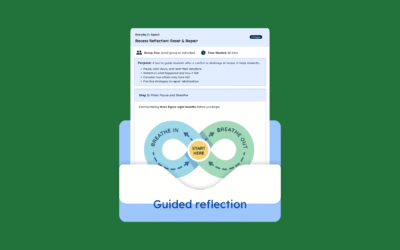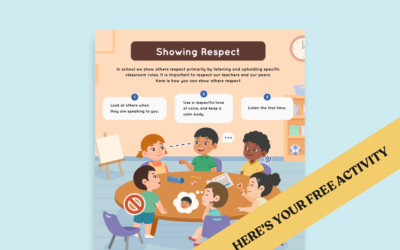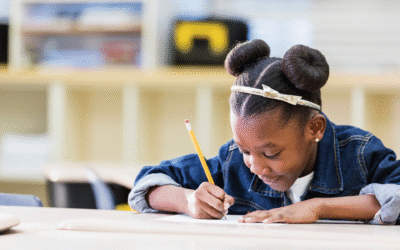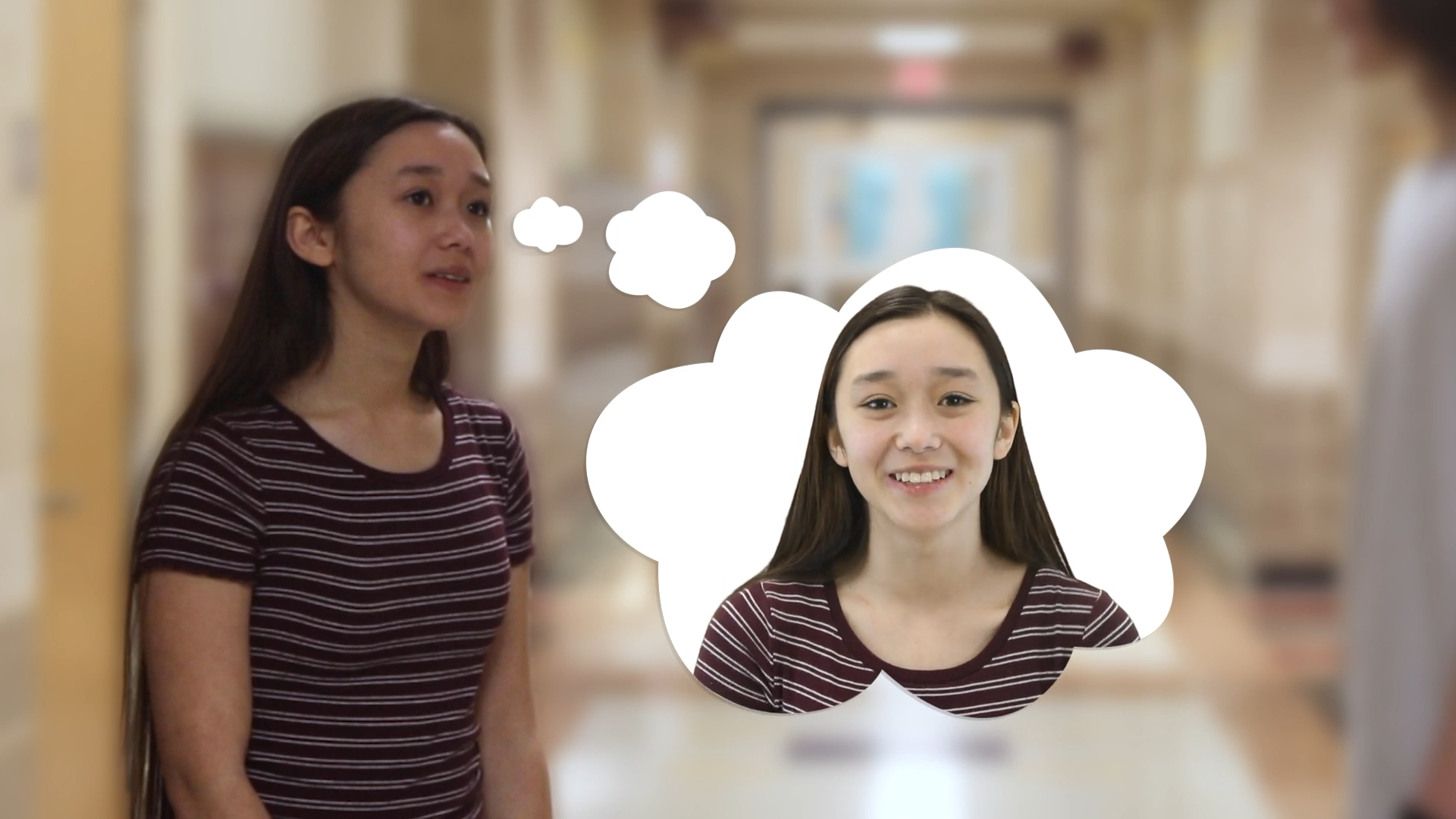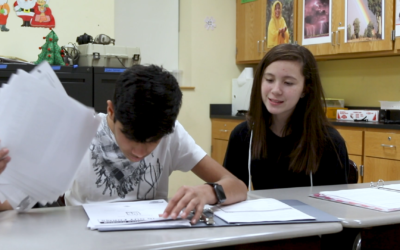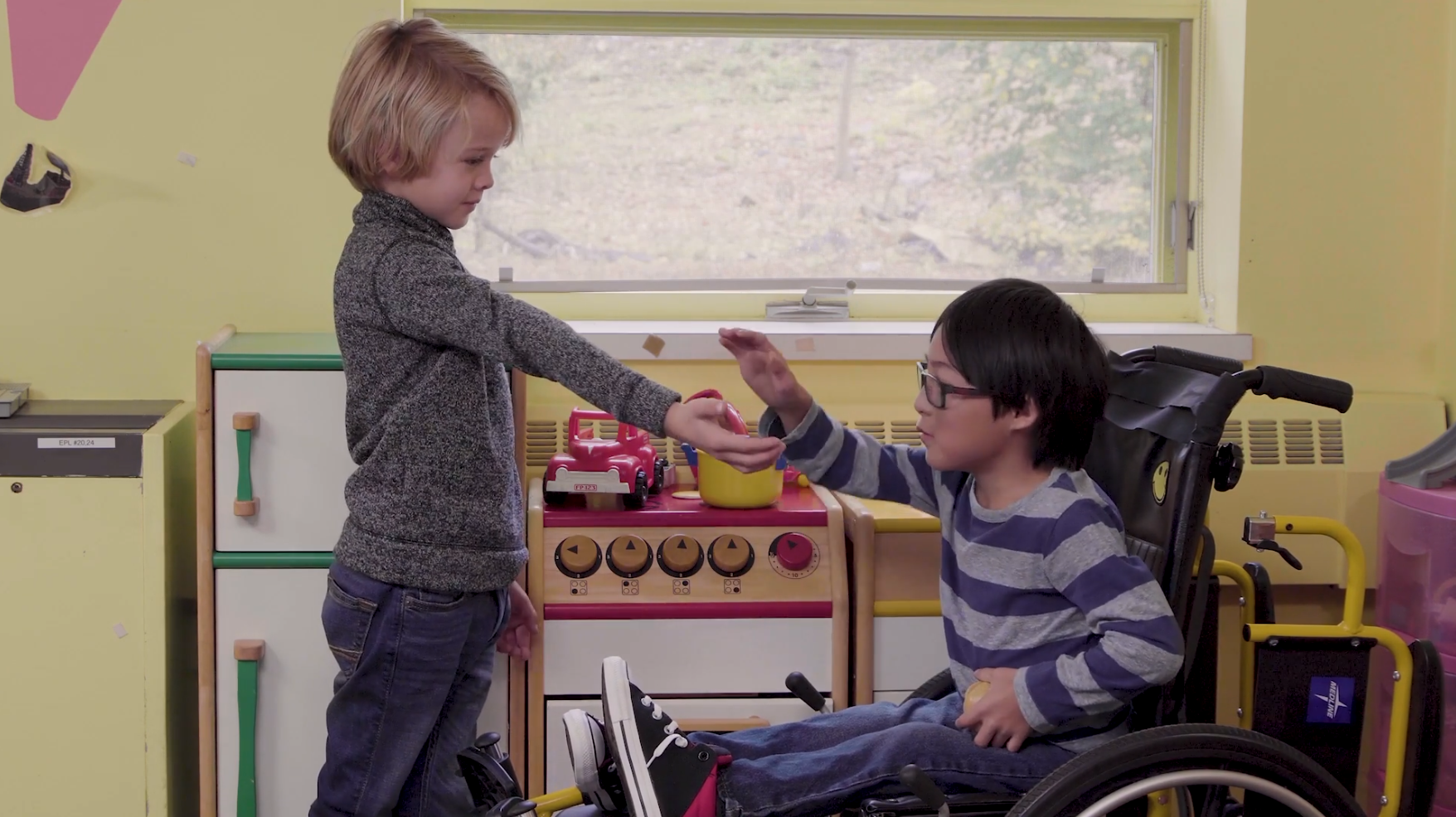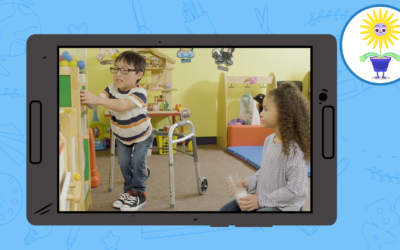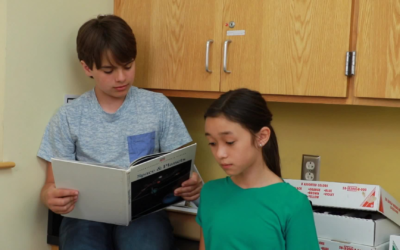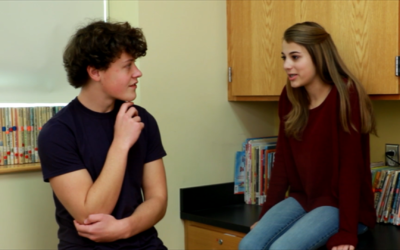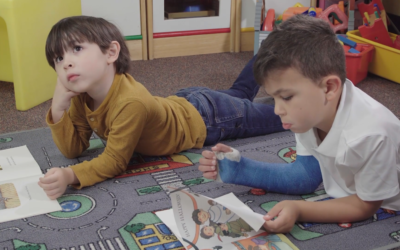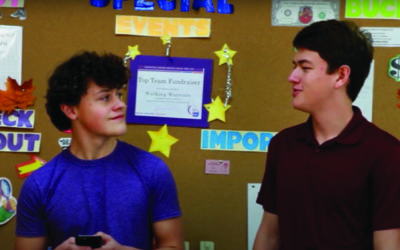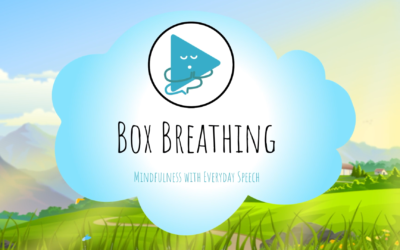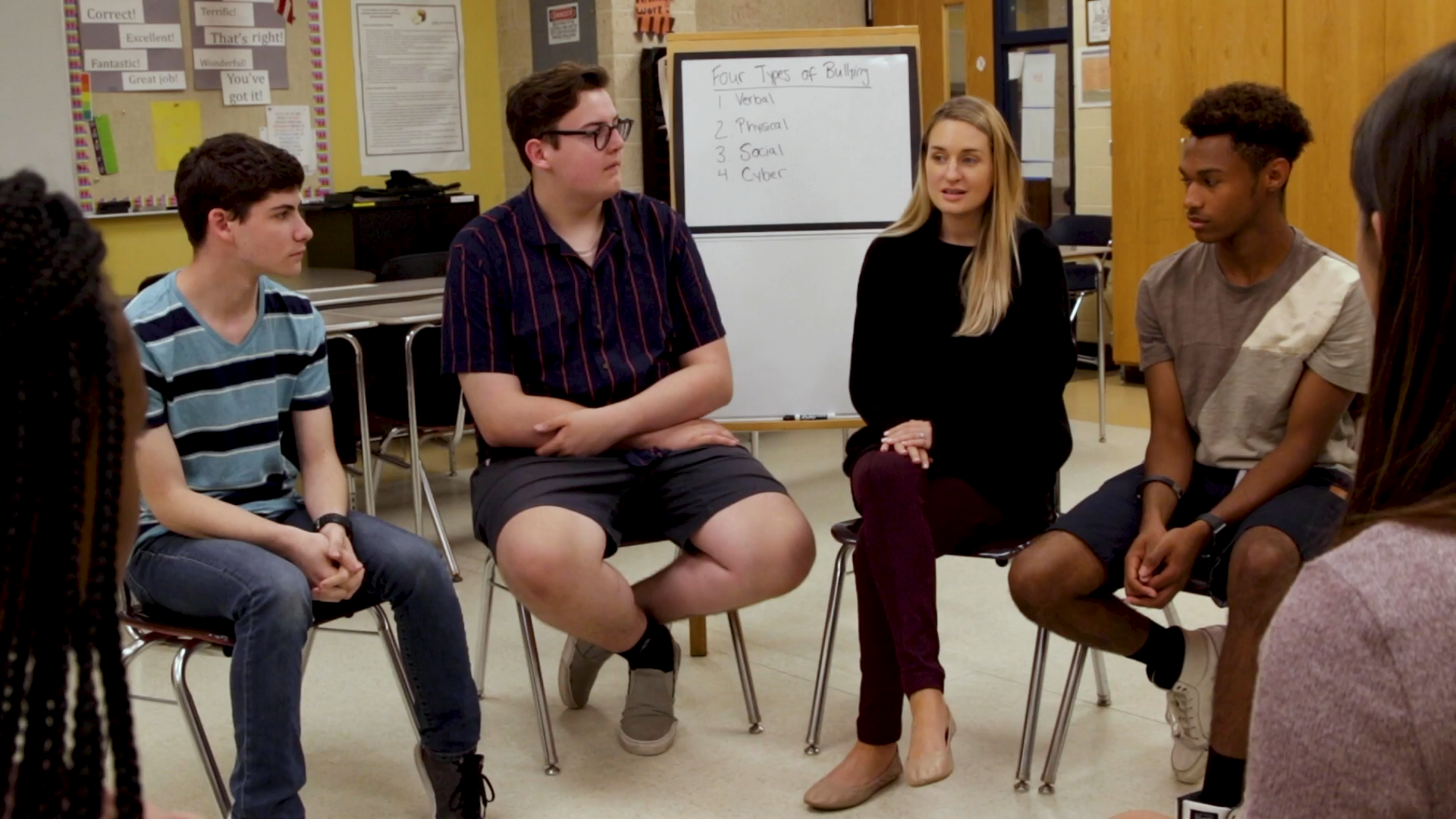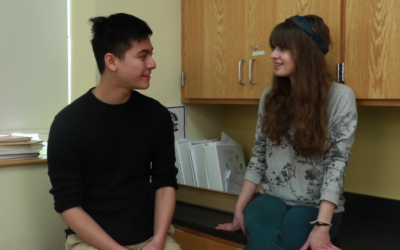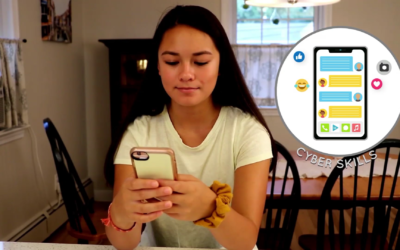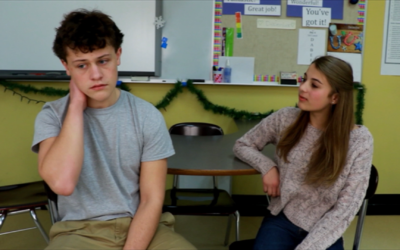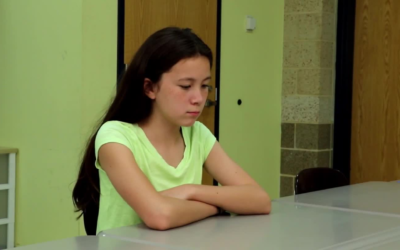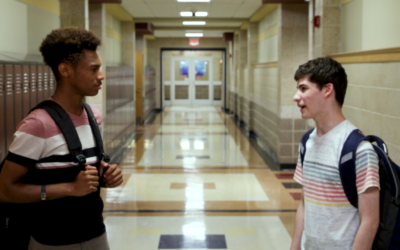Everyday Speech Blog
Social Skill Lesson Plans and Articles
Practical Strategies to Build Confidence, Connection, and Problem-Solving on the Playground
Recess should be the best part of the school day. But for many educators, it’s the moment they brace for impact. What should be 20 minutes of fun often spirals into tattling, tears, and playground “wars” that spill into the afternoon. If you’ve ever found yourself...
14 Back-to-School Activities for Listening, Respect, and Transitions
The start of the school year is full of excitement and change. New classrooms, new routines, and new relationships mean students need more than academic skills to succeed. They also need clear guidance on how to listen, follow directions, respect others, and move...
How to Teach Executive Functioning Skills (Clinician-Tested Strategies)
Executive functioning skills are essential for success in both the classroom and daily life. These mental processes help students stay organized, start tasks, manage time, adapt to changes, and regulate their emotions. When executive functioning breaks down, students...
Teaching Situational Awareness: Strategies and Free Activities to Help Students Adapt
Every day, students move through different environments — classrooms, hallways, lunchrooms, small groups — each with its own expectations and social norms. For some learners, it’s easy to adjust to these changes. For others, it takes direct support and repeated...
20+ Self-Regulation Strategies, Tools, and Activities for PK-12 Students
Self-regulation is one of the most important skills children and adolescents can develop. It helps students manage their emotions, thoughts, and behaviors so they can navigate challenges, build positive relationships, and succeed in school and beyond. From pausing to...
Conversation Skills Activities for High School Students
By high school, conversations become more nuanced. Students are expected to shift between informal peer interactions and more formal exchanges with adults, adjust their tone and language, and handle topics that are increasingly complex or sensitive. Strong...
Conversation Skills Activities for Middle School Students
In middle school, conversation skills become more layered and socially demanding. Students are expected to respond to different audiences, adapt their language based on context, and participate in more dynamic exchanges with peers and adults. These skills affect more...
10 Conversation Skills Activities for Elementary Students
Strong conversation skills help elementary students become confident, collaborative communicators. At this age, students are learning how to start and maintain conversations with peers, stay on topic, and express themselves appropriately in social settings. These...
How to Prevent the Summer Slide (Free Materials for PK-12)
When school ends for the year, social learning often pauses. Without structured routines, peer interaction, and adult support, many students begin to lose the communication and self-regulation skills they worked hard to build. This regression—often called the summer...
No-Prep Activities
Developing Empathy: Activities and Discussions for Educators
Introduction Empathy is the ability to understand and share the feelings of others, or "putting yourself in someone else's shoes." This essential social-emotional learning skill helps students form meaningful connections with their peers, fostering positive...
Teaching Kindergarten Students to Be Social Chameleons
As educators, we understand the importance of teaching our students not only academic skills but also social skills that will help them navigate the world around them. One such skill is the ability to be a Social Chameleon. This blog post will explore what it means to...
Teaching PreK Students the Importance of Staying with the Group
Introduction In the early stages of a child's development, learning to stay with the group is crucial for fostering positive social interactions and building strong relationships. This blog post will focus on an engaging no-prep activity for teaching PreK students the...
Teaching Independence to PreK Students: Activities and Discussions
Developing independence is an essential skill for young children. As they grow, they will encounter situations that require them to be self-sufficient and make decisions on their own. In this blog post, we will explore an engaging, no-prep activity that promotes...
Helping PreK Students Think Before They Speak: A Social-Emotional Learning Guide
Introduction Sometimes, people ask us questions and we’re not sure what to say. This can lead to misunderstandings and hurt feelings. In this blog post, we'll introduce an easy, no-prep activity to help PreK students practice focusing and thinking before answering...
Teaching PreK Students to Recognize Interest in Conversations
Introduction Teaching young children effective communication skills is an essential part of their development. One crucial aspect of communication is the ability to recognize when someone is interested in the conversation. This skill helps students build better...
Teaching Personal Space to Special Education Students: Activities and Discussions
Introduction Educators working with special education students understand the importance of teaching social skills, including respecting personal space. Personal space is the invisible bubble around us that should be maintained when interacting with others. Teaching...
Teaching Small Talk Skills to Students in Special Education
Introduction Small talk is a crucial social skill that allows individuals to engage in short, polite conversations with others, especially when interacting with strangers or acquaintances. By teaching students in Special Education how to make small talk, we can help...
Box Breathing: A Powerful Technique for Middle School Students
Deep breathing is an essential skill that helps students maintain a calm state of mind, allowing them to think clearly and calmly. One such powerful technique is Box Breathing, a simple yet effective method for controlling worries, anger, and fears. In this blog post,...
Understanding and Preventing Bullying: A Guide for Special Education Educators
Introduction Bullying is a harmful behavior that can have lasting effects on individuals, especially students in special education settings. As educators, it's crucial to understand the different types of bullying and teach our students how to recognize and prevent...
Teaching Trust and Confidentiality: The Importance of Keeping Secrets
Introduction Trust and confidentiality are essential components of building healthy relationships. When someone shares a secret with us, it demonstrates their trust in our ability to keep their confidence. In this blog post, we will explore the concept of secrets and...
Enhancing Cyber Skills in Texting for PreK Students: Activities and Discussions
Introduction Texting is an important mode of communication in today's digital age, especially for young learners. However, it can be confusing due to the absence of facial expressions and tone of voice, leading to misunderstandings. To navigate these tricky...
Act It Out! Role-Playing Game for Elementary Educators to Teach Body Language
Introduction Welcome to Act It Out!, a role-playing game specially designed for elementary educators to teach students about body language. Through this engaging activity, students will learn how their bodies can affect the messages they send to others and improve...
Teaching PreK Students to Be the Bigger Person: Activities and Discussions
Introduction As educators, we strive to teach our PreK students valuable life skills that will help them navigate the challenges they may face. One of these essential skills is learning to be the bigger person in difficult situations. When others make us angry or...
Developing Close Friendships: A Guide for Special Education Educators
Introduction Close friendships play a crucial role in our lives, providing emotional support, companionship, and a sense of belonging. For students in special education, developing these friendships can be challenging, but with the right guidance and support, they can...

